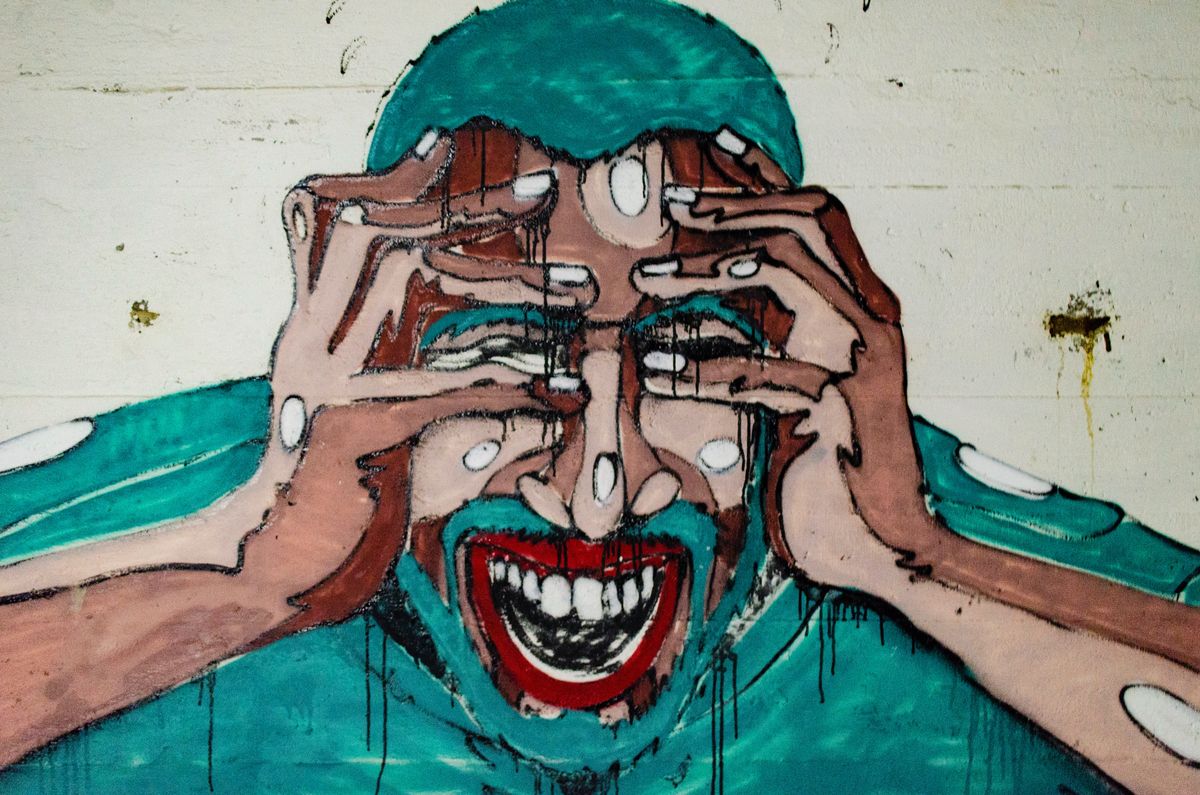Why Do I Wake Up With a Headache in the Morning?

If you wake up with a headache in the morning, there are a few things that you can try. Changing your pillow can have a dramatic effect on your head and neck. Try to find one that helps your neck and spine align. Avoid using soft pillows, which won't provide the support your body needs, and thick ones, which will put your neck at an uncomfortable angle. Changing your pillow will prevent morning headaches for many people, but there are a few things you can do to help your situation.
Sleep apnea
If you're experiencing regular headaches, you may be suffering from sleep apnea. You may have never heard of this sleep disorder, but you may be surprised to know that this condition can lead to other conditions, including headaches. The main mechanism behind the cause of these symptoms is that the patient experiences interrupted breathing while sleeping, causing the brain to be deoxygenated and resulting in a headache. In addition to causing pain, the lack of sleep can affect the patient's ability to function well and lead to other side effects, including a loss of appetite.
Depression
A recent study suggests that those with depressive disorders are twice as likely to experience headaches when waking up in the morning. This may mean that the onset of headaches is a sign of major depression. According to Stanford University sleep epidemiology researcher Maurice Ohayon, the onset of chronic morning headaches is associated with factors such as depression. In addition to headache frequency, depression is also linked to other symptoms, such as anorexia and daytime fatigue.
Anxiety
People with anxiety often experience a variety of symptoms. Although anxiety symptoms are similar for all sufferers, individuals experience different types of physical discomfort. Anxiety's common physical symptoms include increased heartbeat, sweating, muscle twitching, and lethargy. Some people may also experience pressure in the head. While this pressure is not specific to anxiety, it is related to migraines, whiplash, and muscle strain.
Lack of sleep
While a lack of sleep is a common cause of headaches, the link between lack of sleep and migraines is not entirely clear. However, neurologists say that lack of sleep can lead to an increased risk of headaches. Lack of sleep is associated with increased inflammation in the body, which triggers migraines. There are several methods for treating headaches related to lack of sleep. It is important to see a physician if you are experiencing severe headaches and suspect that you have an underlying medical condition.
Migraine
If you've been waking up with a migraine in the morning, it's probably time to figure out why you're getting them. Once you know why you can take steps to avoid recurring headaches, here are some tips to help you prevent migraines before they start. First, make your bed comfortable and relax your mind and body before sleeping. Another helpful tip is to wake up at the same time every day. If these tips don't work, talk to your doctor to see if other treatments can help.
Bruxism
If you regularly wake up with a headache, there are many possible causes. One of these causes may be bruxism. Other possible causes include stress, clenching of teeth, and jaw joint tension. There are many treatments for bruxism, from Botox injections to night guards. Some patients even undergo surgery to solve their problems. You should consult a doctor if you suspect bruxism is why you wake up with a headache.



